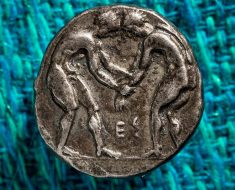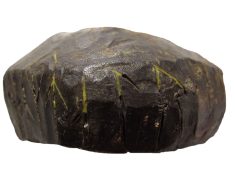In the medieval world, telling the time wasn’t as straightforward as glancing at your phone or a wristwatch.
Instead, people relied on a mix of natural cues and simple timepieces to keep track of the day…. (My stomach usually tells me!)
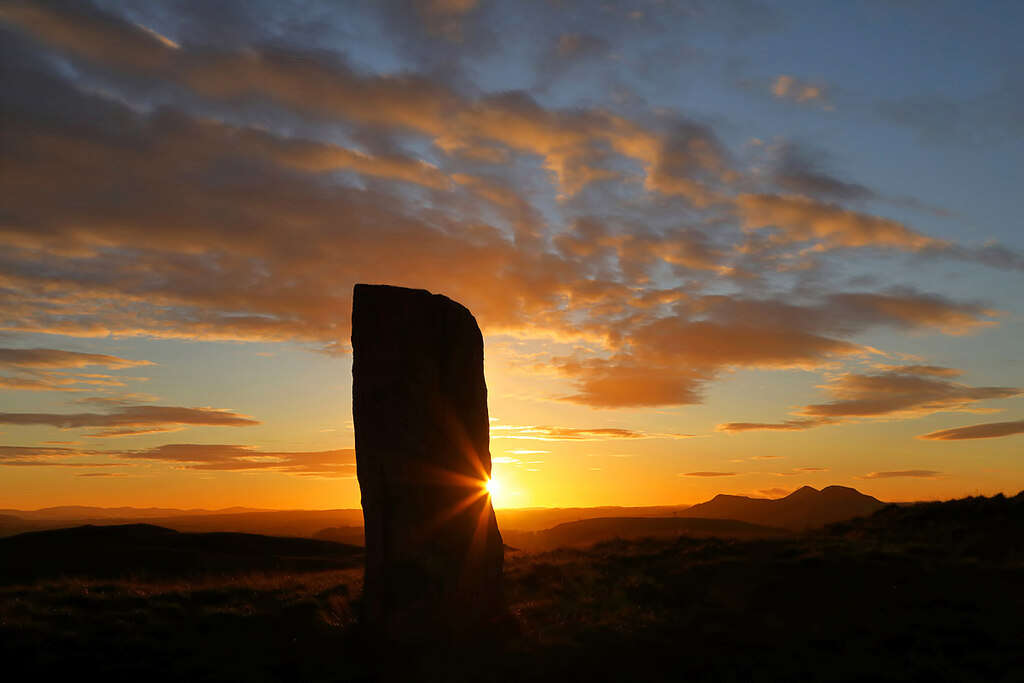
During the day, the sun was their main guide.
People used sundials, which were pretty common in town squares or near monasteries, to mark the passage of time.
But…. if the sun was hidden by clouds or the weather was bad, those dials weren’t much use!
So, people also learned to judge the time by the position of the sun in the sky. For example, when the sun was directly overhead, it was midday!
As it sank lower in the sky, they knew it was evening or morning depending on the direction. It wasn’t precise, but it worked well enough.
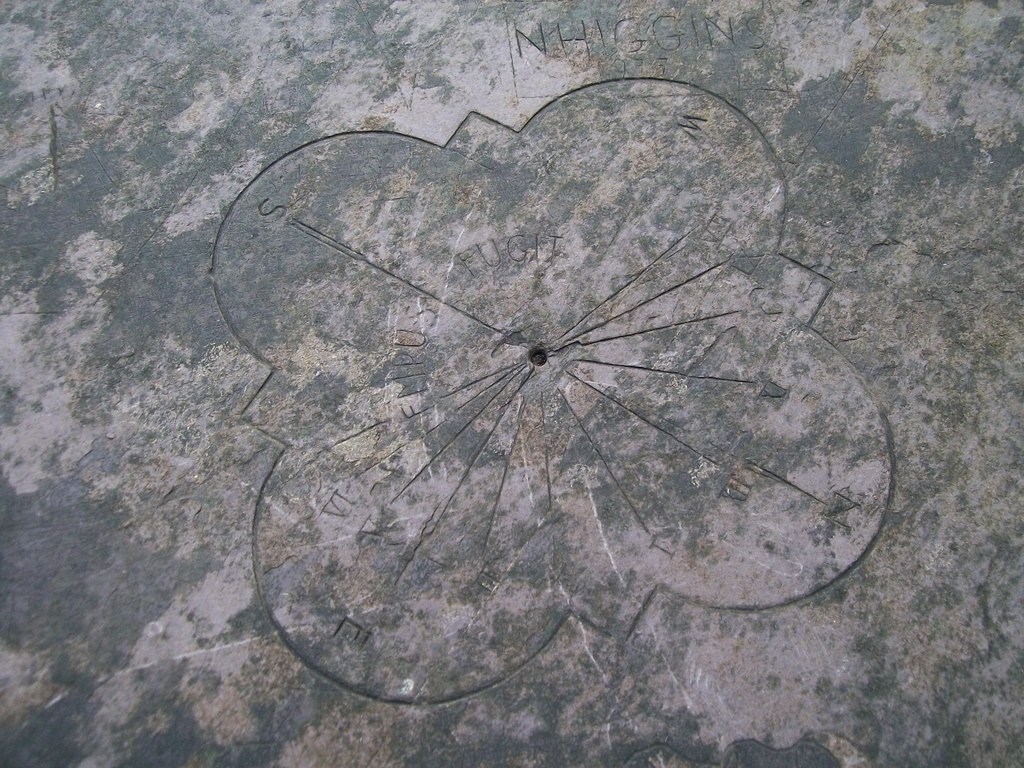
In towns and villages church bells became the go-to method for keeping track of time.
The ringing of bells signaled when it was time for prayers, work, or even meals. Monasteries and churches would chime bells at set hours, marking key moments like matins, vespers, or compline.
So, the sound of bells essentially helped structure people’s days. They didn’t have to check the clock…just listen for the bells, and they’d know what was happening.
For a bit more precision, water clocks and hourglasses were used, particularly by monks to time their prayers.
These gadgets weren’t terribly accurate by today’s standards, but they helped give a sense of time passing. An hourglass could be used for tasks that needed a short amount of time, like cooking or timing an activity.
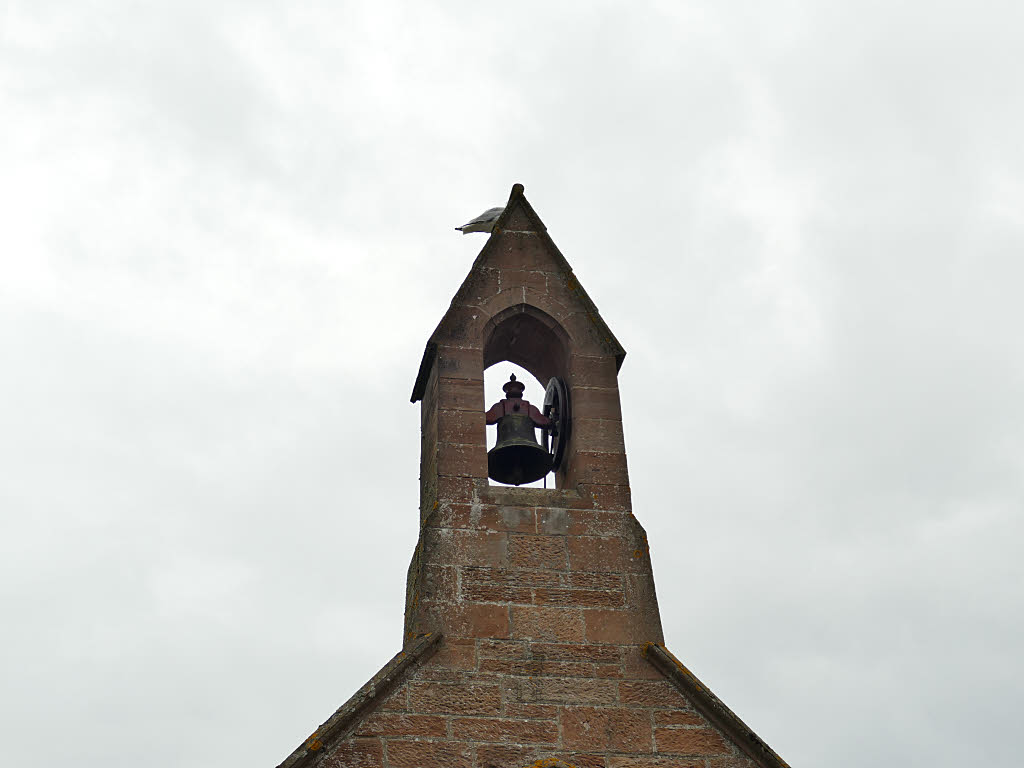
For people who were more involved in navigation or scholarship, more complex tools like astrolabes were used to measure time with the stars. These instruments were reserved for the well-off or those with the need for more exact time-keeping.
But for most people, time was measured in a more natural way. The day was divided into tasks…work, meals, and rest…based on when the sun was up, rather than on specific hours.
So, while medieval timekeeping wasn’t as precise as we’re used to today, people got along just fine.
So now you know!
